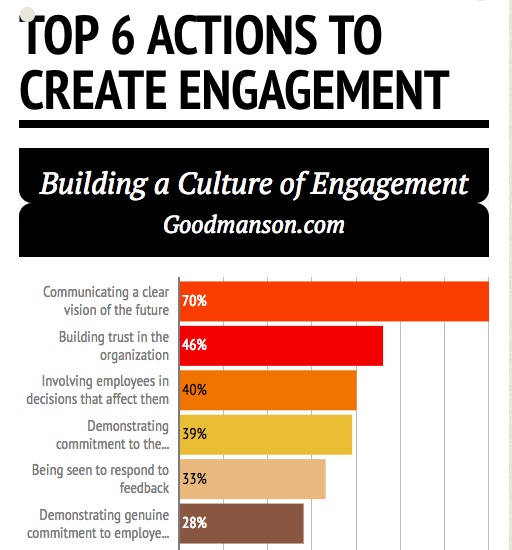Great article (reminds me of the book Bowling Alone) about the shrinking circle of community in America:
“Americans, who shocked pollsters in 1985 when they said they had only three close friends, today say they have just two. The number who say they have no one to discuss important matters with has doubled to 25 percent, according to a nationwide survey to be released today.
It found that men and women of every race, age and education level reported fewer intimate friends than the same survey turned up in 1985. Their remaining confidants were more likely to be members of their nuclear family than in 1985, according to the study, but intimacy within families was down, too. The findings will be reported in the June issue of the American Sociological Review.
Weakening bonds of friendship, which other studies affirm, have far-reaching effects. Among them: fewer people to turn to for help, fewer watchdogs to deter neighborhood crime, fewer visitors for hospital patients and fewer participants in community groups. The decline, which was greatest in estimates of the number of friends outside the family, also puts added pressure on spouses, families and counselors.
ÄúPeople are isolated in their own families,Äù said Laurie Thorner, a therapist in Annapolis, Md., since the 1980s. ÄúI definitely agree that there’s less support for people.Äù
Study co-author Lynn Smith-Lovin, a sociologist at Duke University, called the sharp declines startling, and added, ÄúYou don’t usually expect major features of social life to change very much from year to year or even decade to decade.Äù
One explanation for friendship’s decline is that adults are working longer hours and socializing less. In addition, commutes are longer, and TV viewing and computer use are up.
As connections to neighbors and social clubs decline, Smith-Lovin said, ÄúIt means you’ve got more people isolated in a small network of people who are just like them.Äù
She speculated that social isolation may have made Hurricane Katrina worse. ÄúThe people we saw sitting on roofs after Katrina hit were probably people without close ties to someone with a car to get them out,Äù she said.
She’s right, said Bob Howard, spokesman for the American Red Cross’ Hurricane Relief Project.
ÄúPeople that had friends and family were probably most likely to evacuate,Äù he said.
Even before Katrina, Red Cross volunteering Äì an effort for which friends often are recruiters and in which friendships sustain membership Äì was way off, spokeswoman Marietta Basel said. It’s down from 1.3 million volunteers in 1996 to 820,000 last year. It’s a time problem, according to Basel. ÄúPeople don’t have time to volunteer in a registered fashion and agree to volunteer X number of hours a week.Äù
Robert Putnam, the author of ÄúBowling Alone,Äù the 2000 best-selling book on America’s declining civic life, said his more recent research generally tracked the findings of Smith-Lovin and Miller McPherson, a sociologist at the University of Arizona.
ÄúWe would actually think that the trends have leveled off a little bitÄù since 2000, but not reversed, said Putnam, who teaches public policy at Harvard University.
People pay a price when bonds of friendship weaken, he continued. ÄúCommunities that have tighter social networks have lower crime and lower mortality and less corruption and more effective government and less tax evasion.Äù
The study also showed that the size of social networks is linked to a person’s educational level and race. Non-whites tend to have smaller networks than whites. Black men older than 60, in particular, have seen their circles shrink from an average of 3.8 in 1985 to 1.8 in 2004, the survey showed.
People with more education also have larger networks than people with less education, although the number of contacts has declined for college-educated people.
The study’s findings are based on questions that were added to one of the nation’s classic attitude polls, the General Social Survey, which the University of Chicago’s National Opinion Research Center has conducted every two years since 1972.
The face-to-face survey of 1,467 people over 18 also found that the percentage of people who say they only talk to family members about important matters has risen from 57 percent to nearly 80 percent, while the number of people who say they depend totally on their spouse has gone from 5 percent to nearly 9 percent.
RELATED POSTS
